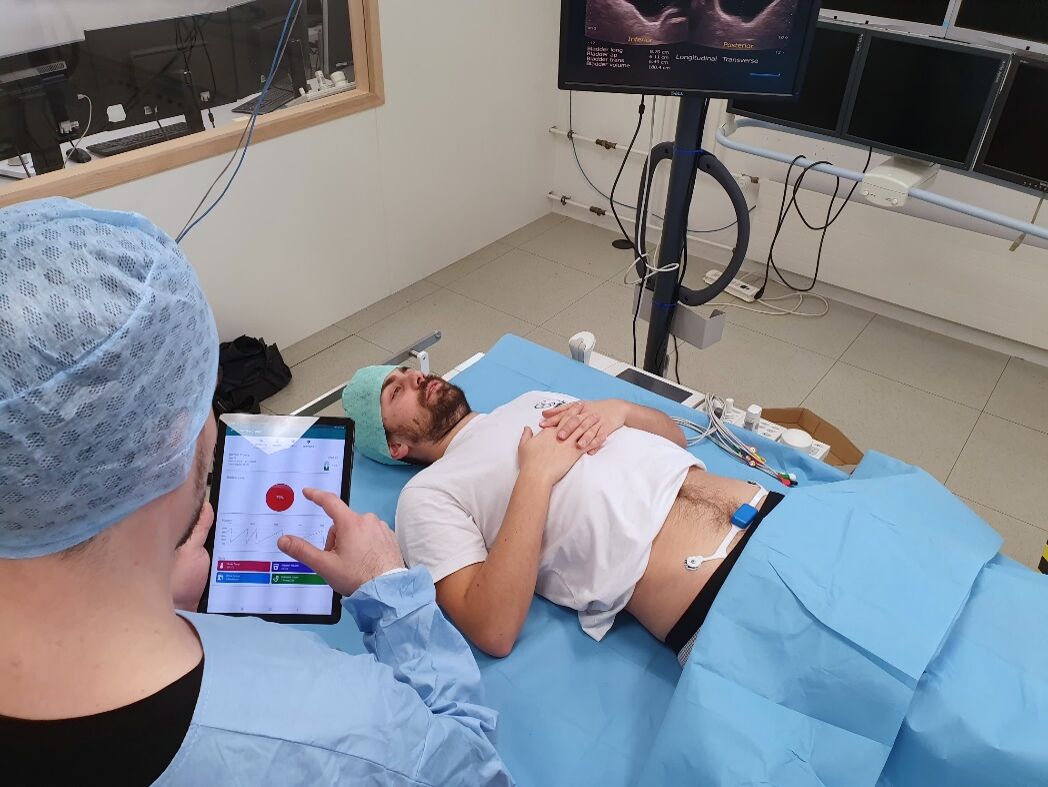
Prototypes from students from two Switzerland universities that can restore touch-sensation for amputees, help overpopulated cities avoid traffic jams, use AI to power real-time energy-grid estimations and guide microcapsules to treat brain tumours have been shortlisted among 100 global innovations of the future.
These world-leading Switzerland prototypes and pilot models, designed to solve the world’s greatest social and environmental challenges, including in health, will be unveiled in Dubai this November at an annual exhibition in a global programme called Dubai Future Solutions – Prototypes for Humanity.
The programme, which has a 10-year track record, supports the world’s most innovative technologies, working with the brightest students and professors from more than 800 universities around the world across all disciplines to identify projects with the greatest potential to solve critical global issues at scale.
Six prototypes from ETH Zurich and EPFL in Switzerland are amongst the 100 shortlisted that will be showcased during 19-21 November exhibition, selected for their demonstrable high potential to solve global issues, with impact and rigorous academic research at their core.

Professor Michele Magno from ETH Zurich said their prototype, PATCH-IT, predicted the onset of organ failure using only digital biomarkers.
“PATCH-IT Wearables offer a breakthrough in patient monitoring by using deep-learning algorithms to detect adverse events, such as organ failure or sepsis, up to a few days before they occur,” Professor Magno said.
“Moreover, PATCH-IT’s on-board AI algorithms enable the smart patch to self-learn and further detect unfamiliar anomalies and diseases in real-time when attached to the body. Early detection of patient-health deterioration in acute care settings due to the onset of adverse events, such as organ failure or sepsis, is necessary to reduce mortality and improve patient outcomes. By analysing digital biomarkers from common wearable devices, the technology enables continuous, real-time monitoring in acute care and beyond. This proactive approach reduces the burden on healthcare staff, improves patient outcomes, and ensures timely interventions, even in resource-limited settings. We are proud to have submitted our project to the 2024 programme of Prototypes for Humanity, and to be part of such innovative solutions to global health challenges.”
Director of Prototypes for Humanity, Tadeu Baldani Caravieri, said the exhibition was the world’s most comprehensive convention for global academic innovation.
“Out of the original 2,700 applications in 2024, health and energy were among the top three issues the prototypes were working to solve,” Mr Baldani Caravieri said.
“Switzerland is the third-most represented country for prototype submissions this year. We are seeing interesting new themes in 2024, with projects covering AI-enabled medical diagnosis, drug discovery, sustainable mobility and the environment. Over the last decade, we have built the world’s largest network of academic talent to create awareness about the critical role of academia for progress, and to co-develop international solutions to the world’s greatest challenges. We are excited this November to showcase the latest such research coming from universities around the world, including in Switzerland, reflecting the problems which are keeping bright young minds awake at night, and where and how innovative solutions for our global challenges are being created.”
The Prototypes for Humanity initiative engages with an unmatched network of academic talent, including 20,000 professors, many of whom are teaching at the world’s top universities.